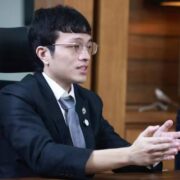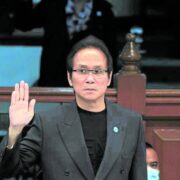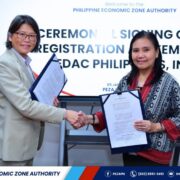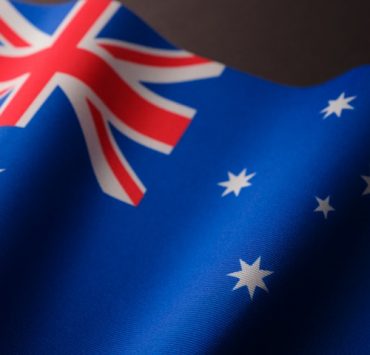Dead end in Guo money laundering case
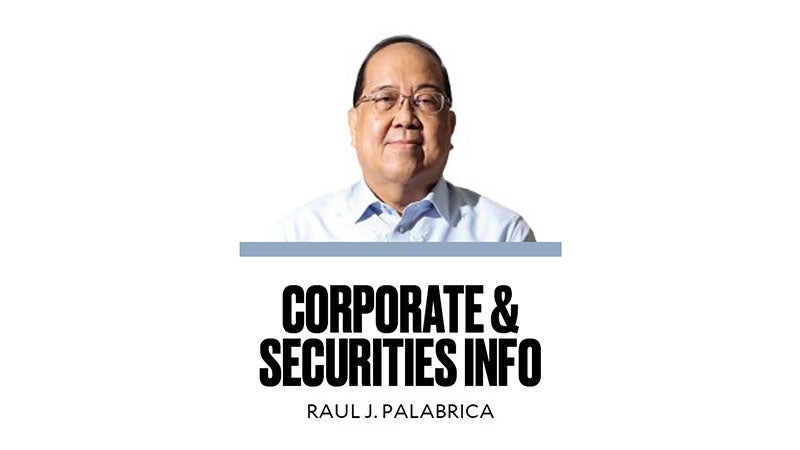
Dismissed Mayor Alice Leal Guo of Bamban, Tarlac, and over 30 other persons and business entities are facing 87 counts of money laundering at the Department of Justice based on the complaint filed by the National Bureau of Investigation, Presidential Anti-Organized Crime Commission and Anti-Money Laundering Council (AMLC). The complaint alleged that the respondents laundered some P7 billion over a period of almost five years in the course of the operation of a Philippine offshore gaming operator (Pogo) in Bamban, Tarlac.
An AMLC investigator said, “We have included Alice Guo because, based on our findings, she is the principal in the money laundering case. She used several entities in transferring her money, it went to an entity, ultimately it ended up with Baofu (referring to Baofu Land Development Inc., which housed the Pogo company.)”
She allegedly “layered” her financial transactions from 2020 to 2024 to distance herself from the illegal activities of that company. With reference to money laundering, layering refers “to moving money from one account to another and from one banking and financial institution to add layers of legitimate owners and avoid detection of the actual source of the funds and make it harder for authorities to track the initial source of the money.”
The scheme requires a comprehensive understanding of, among others, the corporate and banking regulations that apply to the financial institutions involved, their internal procedures on money transfers, and the cooperation (or looking the other way) of their key officers. That knowledge cannot be learned solely from the books. It takes years of hands-on participation in banking or financial transactions to be able to make funds lose their identity or source in the labyrinth of the global financial community. Even Sherlock Holmes may not be able to do the unraveling.
The complaint assumes that, at age 34, Guo already knew how to go around the country’s antimoney laundering rules for more than four years without the AMLC being wise to her activities. How and why the AMLC, with its vast financial resources and corps of lawyers and accountants, failed to get a whiff of Guo’s activities is a puzzler.
If not for the Senate investigation on Pogo operations in her municipality, Guo’s alleged expertise in money laundering would have remained unnoticed and continued for years.
Since there is no showing that she graduated from any of the country’s top schools on finance or economics and later worked in, say, an investment bank, she must be highly gifted to have been able to do the transactions that had been imputed to her. It stretches the imagination to assume that she committed those acts by her lonesome self or without the assistance or direction of some people in the Pogo hierarchy considering the huge amount of money involved.
By naming her in the complaint as the principal in the money laundering, the impression is created that the buck (or responsibility for the crime) stopped with her to the exclusion of other unnamed persons.
And because of that, she should be solely and fully held responsible for the alleged money laundering activities. Under these circumstances, there may be scant motivation for the AMLC to look deeper into the case to find out the true brains behind the money laundering.
Note that Guo’s description in the complaint as the principal in the illegal transfer of funds may have unwittingly given the 30 or so respondents a way out from possible criminal liability.
They could claim that they acted under her instructions, or in the sincere belief that what they had been asked to do was legitimate or aboveboard.
That defense could go unrefuted (or worse, accepted in court) in case Guo is able to successfully avoid being forced back to the Philippines, which is a strong possibility considering the huge financial resources behind her and her capability to seek refuge in China if things really get hot for her wherever she may be hiding at present.





